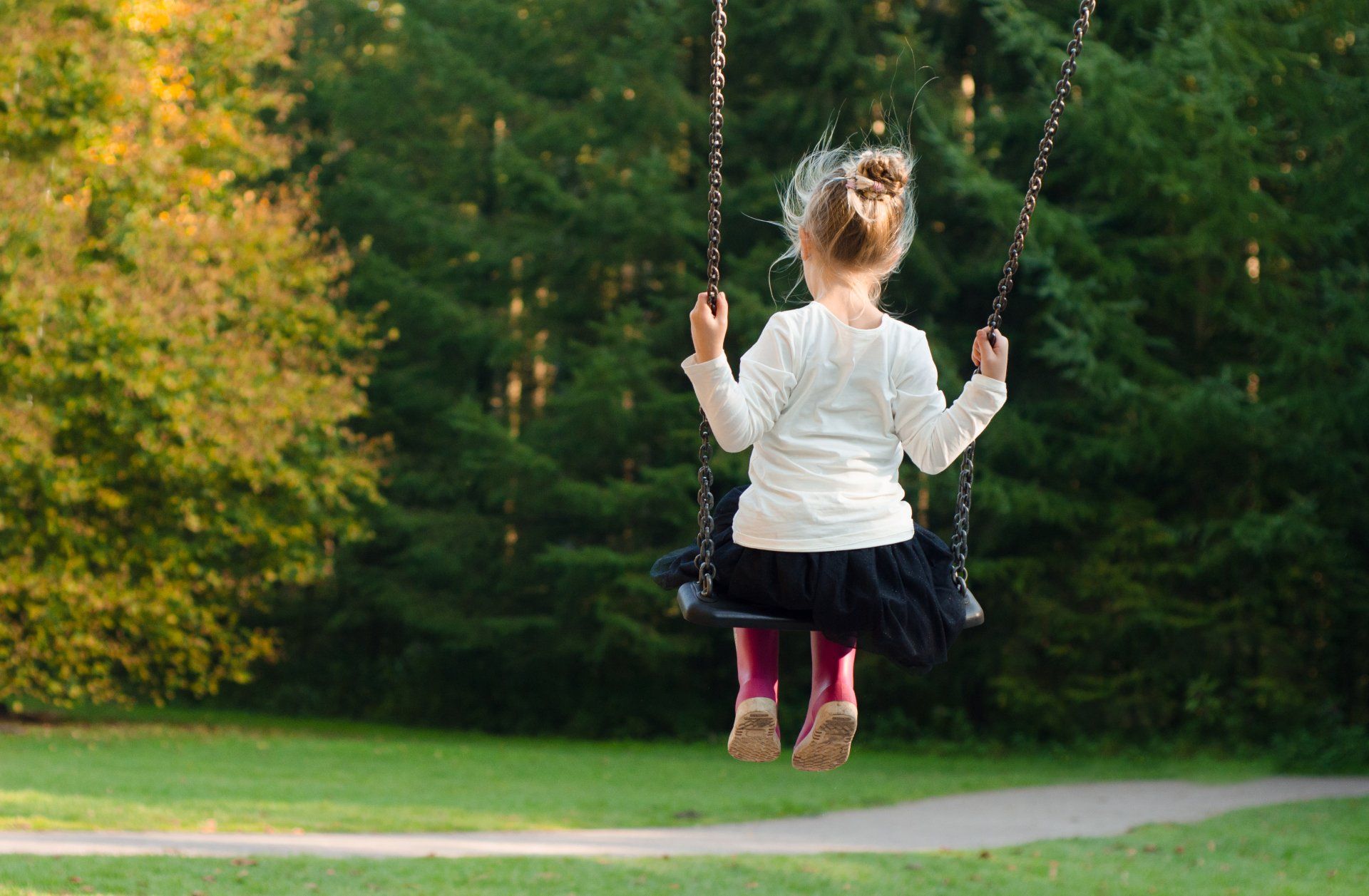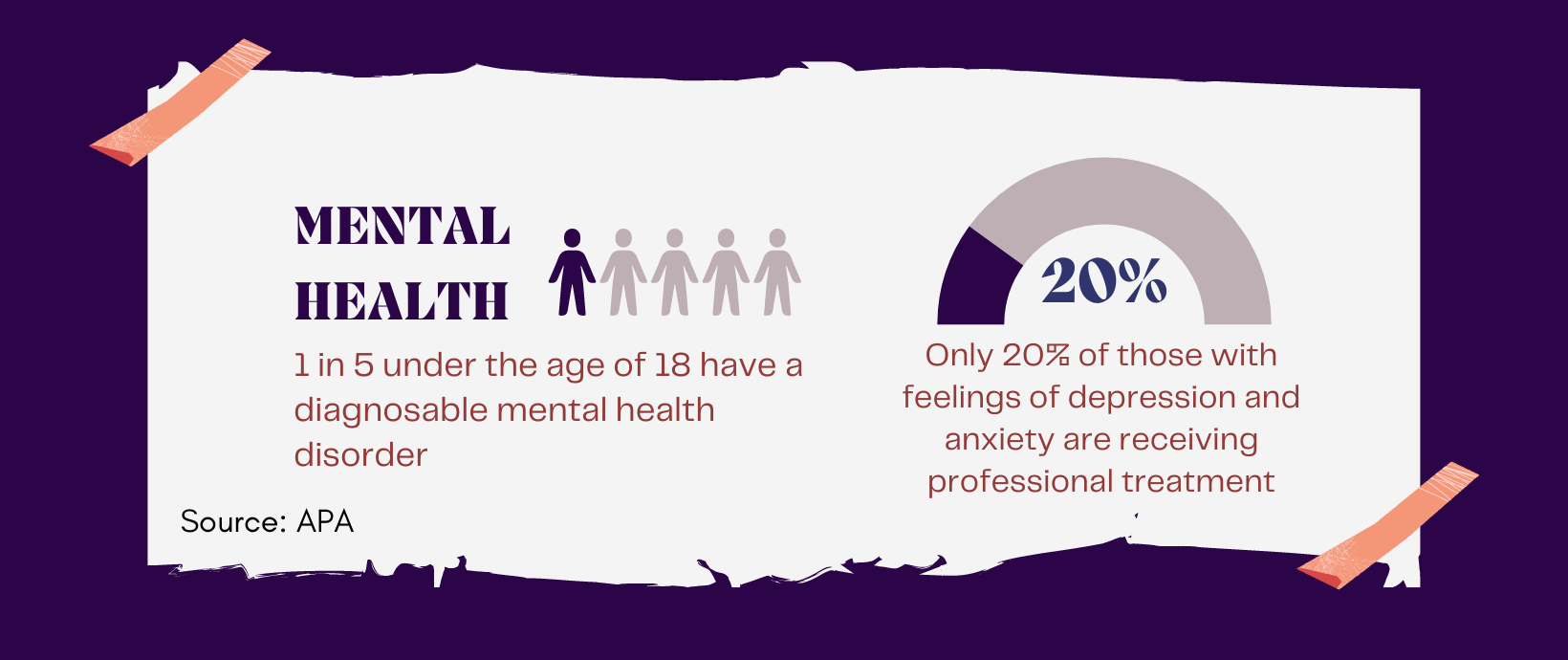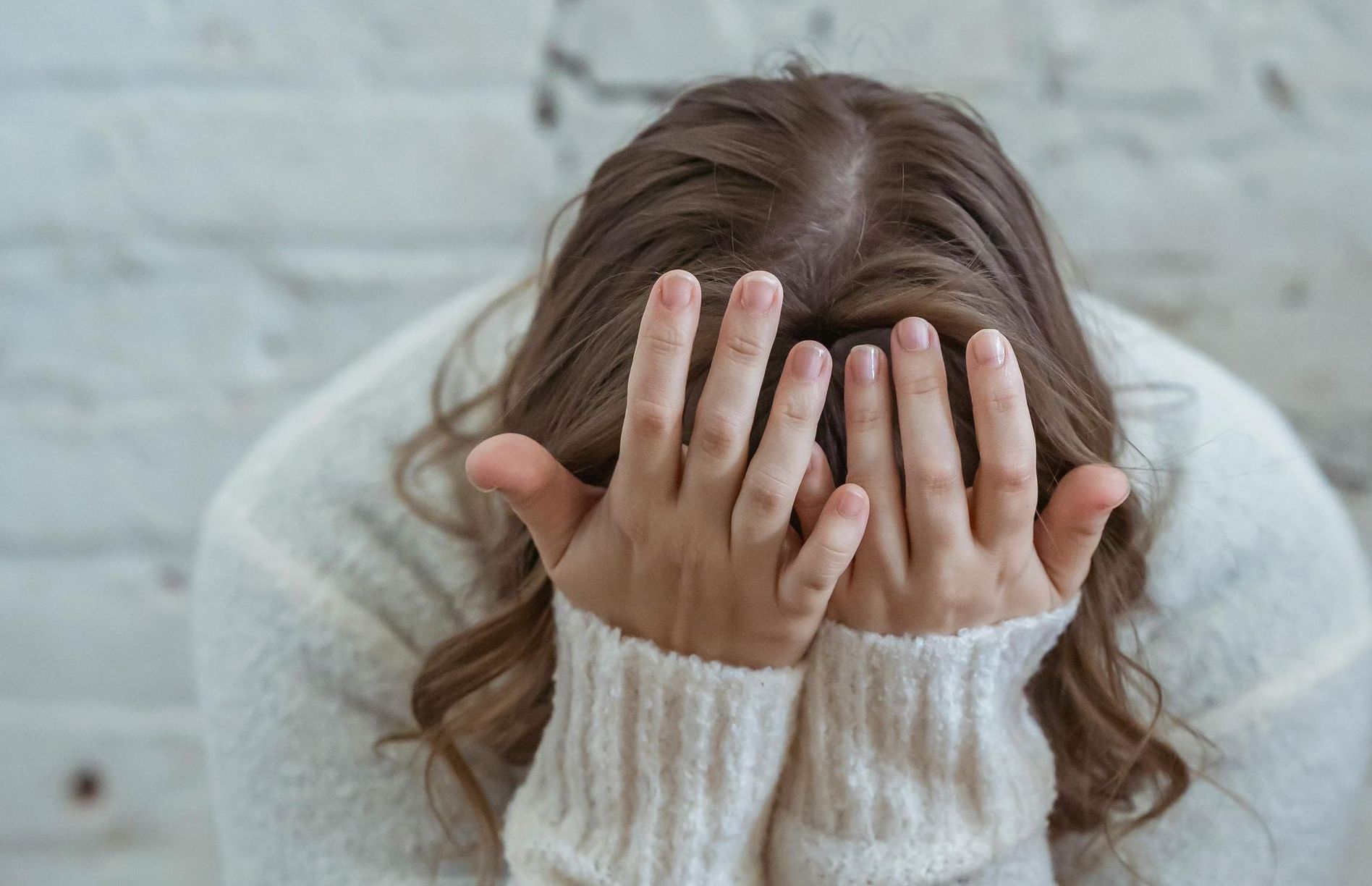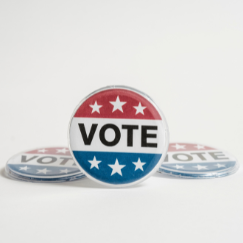Concerned (and Hopeful) About the Mental Health Crisis in Kids & Teens

More and more data is surfacing about the mental health crisis in our children and teens. A recent statistic from the American Psychological Association shows that 1 in 5 under the age of 18 have a diagnosable mental health disorder, and only 20% of these children are receiving professional help or treatment for their feelings of depression and anxiety.

We are all mostly aware of some of the recent factors that contribute to this rise. Covid-19 protocols created periods of isolation and disruption from routines and school services. Socially and politically, it feels like our families and communities have never been so fractured and full of distrust. Social media has now been researched long enough to show direct correlation between screen time and anxiety in teens.
There is another factor, however, that I have been following since I obtained my Masters in Social Work in 2011. It’s an idea called “internal locus of control” and it’s absence is one of the leading factors associated with depression and anxiety in children (and adults). The idea contrasts the freedom one experiences to direct their own life (internal), versus the external expectations, busyness, stress, and social demands that dictate choices from the outside.
Researchers at the University of Michigan found the time kids spent at school has increased by more than 18%, and time spent on homework has increased 145% since the 1980’s. This study doesn’t even include the time spent at structured practices, rehearsals, clubs or games. We have become so performance driven that our kids have less and less time for “free play”.
In our performance driven culture in which we find worth and value in what we produce or achieve, kids are losing the sense that they have freedom to be curious and explore. Less time to play, and less motivation to play outside. A Dutch study found that 30% of kids play freely outside only once a week or less. Another study in the US shows that 80% of kids today feel less “in control” of their lives than kids from my era. This disparity provides content for interesting memes about growing up in the 70s and 80s, but it is also having very real consequences for the mental health of our kids today.
Well-meaning parents are giving their kids more parenting time, hoping to give them a competitive advantage or keep them safer. Parents today spend 150% more time parenting than our parents did in the 1980’s. The unintended consequence? Kids feel less independent, less in control of their own lives, less capable, and therefore experience a diminishing “internal locus of control”.
For all of our efforts to give our kids a better life, we are forgetting that one of their primary developmental tasks is to achieve a belief in their own self-efficacy. Kids need to face challenges and risks. Kids need to face boredom. Kids need to invent some of their own games, follow some new paths from day to day, and discover the real world around them. In these choices and discoveries they will form one of the healthiest cognitions for any of us, “I can do this”.
So for all of the bad news, where is the hope?
The hope is that deep within their DNA, kids are still humans that want a chance to direct their own lives! Anyone who has parented a toddler can remember that raw strength of will and determination. I recently asked my 8th grader “what is the fastest land mammal?”. He said “cheetah”. But I corrected him and said , “Nope, a toddler who was just asked ‘what do you have in your mouth?!’”
Kids are hardwired to manage some risk and develop strengths in the face of challenges. An encouraging study from Scandinavia found that elementary kids who were exposed to more free play, including slightly higher risk levels, were less likely to encounter injury or distress. Believe it or not, they navigated the more “dangerous” playground equipment with less supervision and developed their own skills for maintaining both their physical safety and mental health. They built an “internal locus of control” for directing their own behavior in a wide open world!
In my next blog, I’ll dive further into how kids, teens specifically, can strengthen an “internal locus of control” and build resilience against depression and anxiety.
Jason Anderson, LMSW is a therapist at Restore Therapy Collective. Jason’s work stems from a desire to see people overcome personal barriers, form authentic relationships, and appreciate the beauty around them. Jason also has a deep love for using wilderness travel adventures to bring people to new discoveries within themselves and foster a greater love for the natural world.
Restore Therapy Collective



